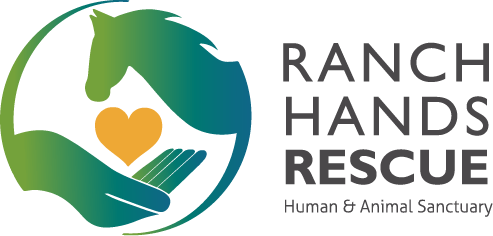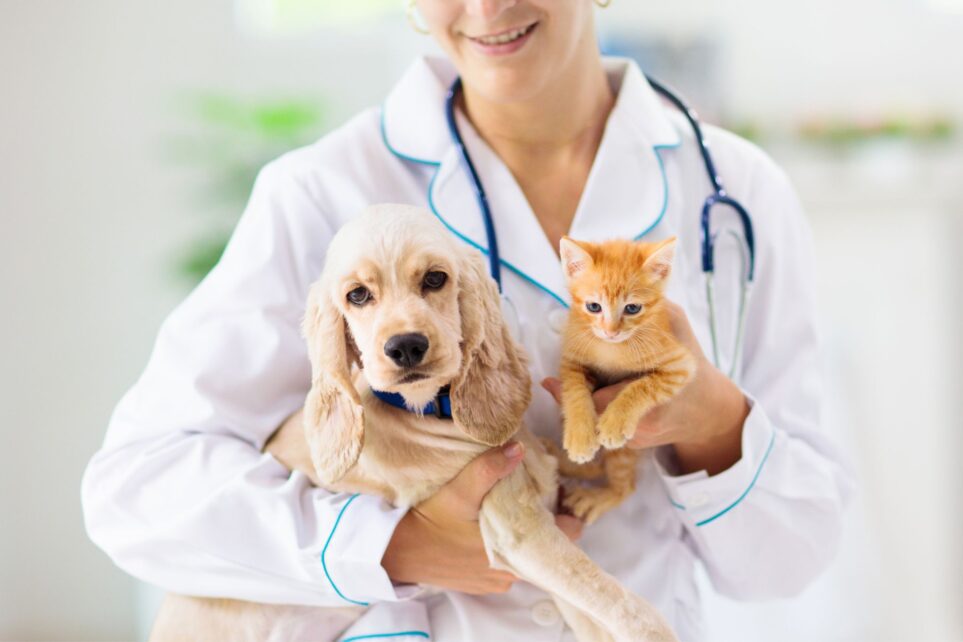American healthcare providers are facing an unprecedented level of stress and trauma as a result of the Covid-19 outbreak. In some areas of the country, their exposure to traumatic events is equivalent to a war zone hospital (TIME, 2020). When overwhelming stress is paired with inadequate follow-up care, the result is often Post Traumatic Stress. That is the aftermath we are poised to incur…a nation of devastated and burnt out medical professionals. Tragically, we are already beginning to see the evidence of this: https://nypost.com/2020/04/27/manhattan-er-doc-lorna-breen-commits-suicide-shaken-by-coronavirus/.
How to Help Health Care Workers
It is well known that “doctors make terrible patients,” and seeking mental health support is no different. Caregiver self care is very uncommon. There is a pervasive stigma throughout the medical profession against help-seeking (Mehta and Edwards, 2018). It is very challenging for a help-giver to admit they need help. In fact, there is an understanding in the counseling world that it takes a particular expertise to work effectively with a fellow helper. Such a unique challenge demands a different approach to recovery. There is mounting evidence that experiential forms of trauma therapy, such as various animal-assisted models, can fill the gaps in treatment left by this unique challenge (Altschuler, 2018). One option is to involve the ongoing recovery of special needs animals who benefit from the therapeutic alliance just as much as they enhance it. In this way, the givers will continue to give even as they receive. This is something that Ranch Hands Rescue has been doing for over 10 years.
Post Traumatic Stress Disorder is diagnosable in the 1-3 months following a traumatic event (DSM-V, 2013). This means that we already have medical staff who are feeling the effects of PTS, and that throughout the summer many will begin to qualify for a PTSD diagnosis. It is difficult to imagine the depth and breadth of impact if we lose our treatment providers because they cannot receive treatment for themselves. If we are to show our medical heroes that we care about their sacrifice during this unprecedented hour, we must make prevention of PTSD a top priority. That means preparing effective, appropriate aftercare NOW.
To any medical professionals reading this, we want to say thank you for caring for us through this, and please let us care for you after this.
-Landon C. Dickeson, MS, LPC
P.S. Ranch Hands Rescue will be rolling out videos, articles, and blog posts geared toward helping everyone cope with the stress and strain of these challenging times. We are also working on a group specifically for healthcare providers to address the current gap in services. If you have ideas, would like to ask specific questions, or want to schedule a video chat for our staff, please reach out to info@ranchhandrescue.org, or call 940-240-0500.
(References: Factors Associated With Mental Health Outcomes Among Health Care Workers Exposed to Coronavirus Disease 2019, Lai, Ma, Wang, et al., 2020; https://time.com/5817435/covid-19-mental-health-coronavirus/; Suffering in Silence: Mental Health Stigma and Physicians’ Licensing Fears, Mehta and Edwards, 2018; Animal-Assisted Therapy for Post-traumatic Stress Disorder, Altschuler, 2018)


